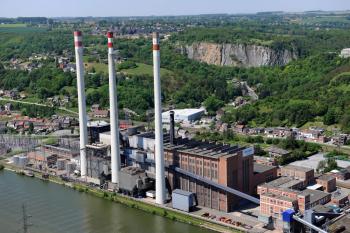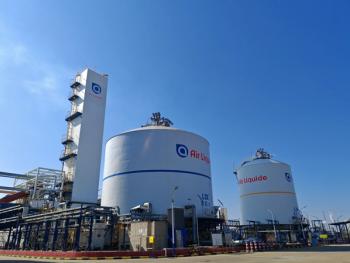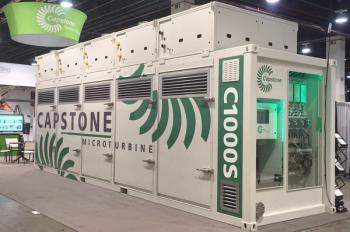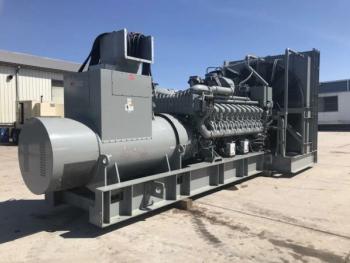
NW Natural, Hycamite to Apply Methane Pyrolysis for Hydrogen Production
The two companies have signed a letter of intent to develop Oregon’s clean hydrogen market through pyrolysis technology.
NW Natural and Hycamite TCD Technologies collaborated to sign a letter of intent to apply Hycamite’s methane pyrolysis technology to the production and transportation of hydrogen within the Oregon energy market.
Natural gas customers will be able to develop facilities, within NW Natural’s service region, to use Hycamite’s methane-splitting technology for the production of low-carbon turquoise hydrogen. The production of low-carbon hydrogen will supplement or begin to replace the use of natural gas.
Hycamite’s portion of the agreement includes the installation, commission, operation, and maintenance of the methane pyrolysis units, while NW Natural has committed to supplying natural gas feedstock to produce hydrogen.
"We want to help a variety of industrial customers to decarbonize their production cost-efficiently, and we are ready to scale up the production in North America swiftly," said Hycamite CEO Laura Rahikka. "We look forward to working with NW Natural to develop opportunities with the utility and its largest natural gas customers."
The pyrolysis technology being deployed by Hycamite decomposes large volumes of methane into hydrogen and carbon—the atomic components of methane—and eliminates the release of greenhouse gases into the atmosphere. The clean hydrogen derived from this process can be used as industrial raw material or fuel.
According to Hycamite, its technology requires only 13% of the energy needed to produce hydrogen through electrolysis. Methane feedstocks from geologic, biomethane, or synthetic natural gas allow production scale to increase at a quicker pace. In addition to deriving hydrogen through electrolysis, Hycamite employs carbon capture, utilization, and storage (CCUS) technology to capture carbon in its solid form. This carbon byproduct is transformed into nanoproducts, allowing it to be useful in a variety of industrial applications: battery production, supercapacitors, electronics, polymer additives, and concrete manufacturing.
Newsletter
Power your knowledge with the latest in turbine technology, engineering advances, and energy solutions—subscribe to Turbomachinery International today.





